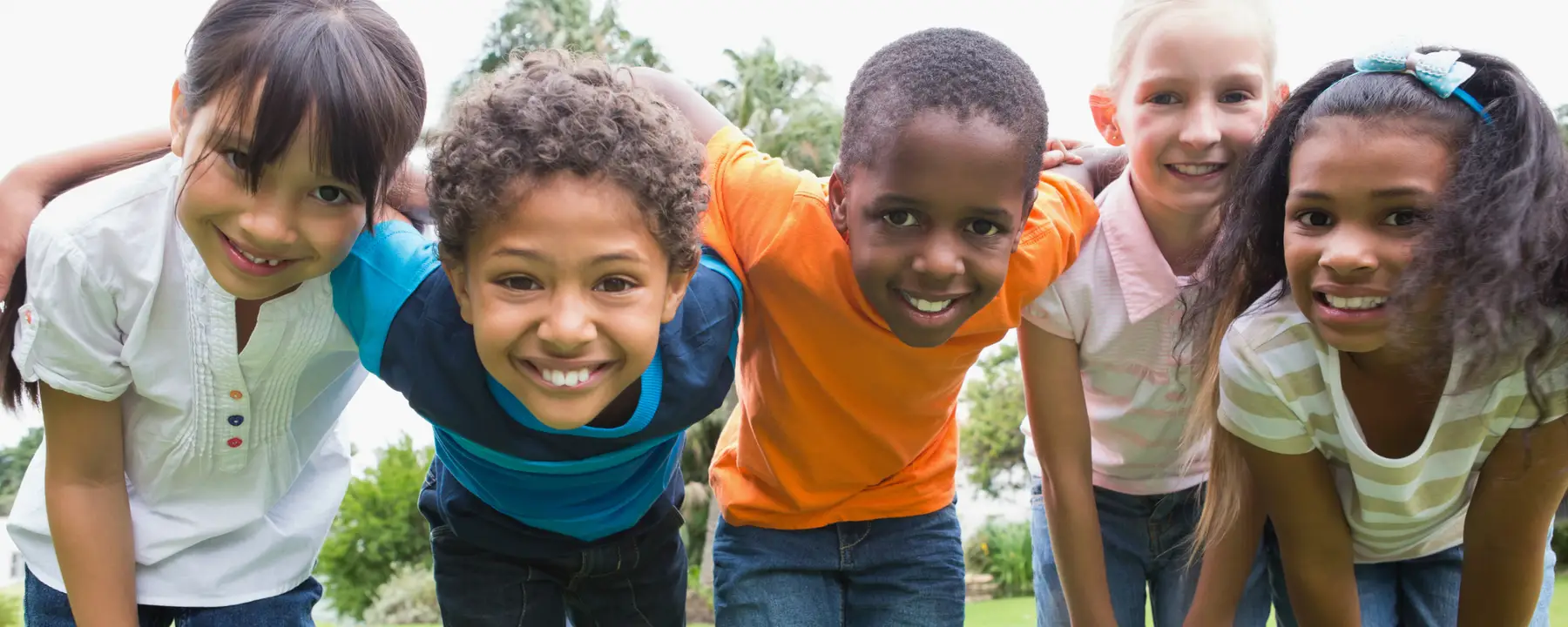Expanding the focus for Child Protective Services to include physical and mental health and developmental needs
When the National Survey of Child and Adolescent Well-Being (NSCAW) was conceived in 1997, researchers sought to determine whether America was meeting the needs of children and families in the child welfare system who were involved in abuse and neglect investigations. At the time, the lack of available data about children’s well-being hindered policy development and improvements to child welfare practices.
In 1999, the Administration for Children and Families (ACF) and RTI International launched the first NSCAW to study the cognitive, physical, behavioral, and emotional well-being of children involved with the child welfare system. The survey also examined the needs of these children and their families and the services they receive while in the system. Since then, there have been three longitudinal NSCAW cohorts spanning three decades:
- NSCAW I: 1999 to 2007
- NSCAW II: 2007 to 2012
- NSCAW III: 2017 to 2025
Conducting the most comprehensive child welfare system study to date
NSCAW selected its sample from all children investigated for maltreatment during the sampling period—whether or not their cases were substantiated—and followed them over time. A national sample of child welfare agencies across the country contributed to this effort. The first cohort included more than 6,200 children aged birth to 14 years who were followed for five to six years. The second cohort included more than 5,800 children aged birth to 17.5 years who were followed for three years. The third cohort included more than 3,200 children aged birth to 17.5 years who were followed for two years.
Survey data from children in the second and third cohort was linked to child welfare administrative data on maltreatment re-reports, out-of-home placements, and adoptions. To increase the utility of the third NSCAW, child survey data will be linked to Medicaid claims data, including data on mental health services and medication data.
Firsthand reports from the children themselves, their caregivers, caseworkers, and teachers provided information about children’s functioning, risks and protective factors, service needs, and service receipt. The survey collects information on sensitive topics, such as substance use, involvement with the law, caregiver experience with intimate partner violence, and child exposures to violence. Of particular interest to NSCAW are children’s health, mental health, and developmental needs.
Resolving unique challenges with innovations in data collection and quality monitoring
During the project, our research team tackled a variety of data collection challenges, including obtaining cooperation from families just after a maltreatment investigation and gathering information on children’s developmental and cognitive abilities through the use of standardized child assessments.
One significant obstacle our research team discovered early on was that many of our respondents had unreliable access to a telephone. To resolve this issue, we developed a computerized mechanism that recorded random samples of interviews as an alternative to standard telephone verification procedures. The recordings could then be reviewed as part of our quality monitoring process. This technology—computer audio-recorded interviewing, or CARI—became an invaluable resource for determining whether questions were asked as intended, probes and feedback to respondents were neutral, and respondent questions were answered correctly.
Another significant obstacle was the collection of sensitive information on paper forms. To resolve this issue, we developed a computerized document manager that allowed for the paperless collection, storage, and transmission of consent and assent forms and other documents containing personally identifiable information.
Additionally, in March 2020, the COVID-19 pandemic halted the study’s ability to collect in-person interview data with children and families. A remote data collection effort was developed that allowed for a longitudinal follow-up of participating caregivers and youth at a time of historical significance.
Massive data collection effort focuses attention on children’s well-being needs
NSCAW is the only source of nationally representative data on the well-being of children and families in the child welfare system. Data from this project have been used in more than 600 publications, significantly expanding a body of rigorous, empirically based research that barely existed before 1997.
Most importantly, findings from this study have documented the high rates of behavioral and developmental problems among children who are reported for child maltreatment, as well as the gaps between their need for services and their ability to obtain those services. Publications and reports produced through NSCAW have drawn attention to topics such as the high rates of domestic violence among families involved with the child welfare system and the frequency of polypharmacy—the use of multiple psychotropic medications—among children living in foster care.
The people who devote their lives and careers to improving child welfare have used this information to expand their focus from a child’s basic safety to a much more holistic view that includes a child’s well-being, including developmental needs and physical and mental health.
NSCAW was awarded the 2018 American Association for Public Opinion Research (AAPOR) Policy Impact Award, formal recognition of the myriad ways this research has impacted child welfare policy decisions and practice.
Planning for future NSCAW data collections
Two federally-sponsored data systems provide ACF with information on the child welfare system’s ability to keep children safe and in permanent homes. There is not yet an equivalent system to track well-being, however. Only NSCAW provides an equivalent source of data on the social and emotional well-being of child welfare involved children and families. To support the continued viability of the study, ACF awarded RTI a contract in 2021 to carry out preliminary activities to inform future NSCAW data collection, including the development of design options.
This contract—Reimagining NSCAW—will help ACF ensure that the study continues to address research questions and priorities related to the well-being of children and families involved with the child welfare system, as well as their service needs and utilization.
- U.S. Administration for Children and Families
- The University of North Carolina at Chapel Hill
- Washington University in St. Louis



